A toothache is a common oral condition that is felt by adults and children alike. A toothache in simple terms, is a painful feeling around your tooth. Generally, toothache pain is a sign that there is something wrong with your gums or tooth.
If you are hurting from a toothache, you are not alone! A recent study revealed one-tenth of the patients complained about the pain they suffered from toothache.
Toothaches triggered by tooth decay can get worse if left untreated. However, they are not life-threatening, but in some cases, they could be a sign of a serious condition that may require urgent care.
If you are facing toothache, visit a good emergency dentist and in the meantime, read this article to get a better understanding of what’s happening, what are the causes, and if there is anything you can do to alleviate the pain.
What is a Toothache (Odontalgia)?
Odontagia refers to an infection caused by periodontal disease, cracked tooth or tooth decay. Such difficulties can permit the bacteria to enter the pulp. The pulp is the tooth’s soft tissue that contains the nerves, blood vessels, and connective tissues. When pus accumulates at the root apex in the lower jaw bone, and it creates a pus pocket, commonly known as an “abscess”. If this pus pocket is not treated properly, it could lead to a severe teeth infection, pain in the jawbone and the areas surrounding the mouth.
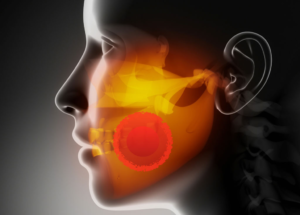
Symptoms of Toothaches
The most common complaints faced by patients include a sharp pain from the tooth itself or surrounding gums. We usually ask patients to describe their pain on a scale of 1 to 10, 1 being nothing and 10 being you cannot sleep at night or think. From there we can do an assessment.
Here are other symptoms and clues that you may have a toothache:
- Cold/hot sensitivity to liquids or food
- Pain while chewing or biting.
- Swelling of your jaw or inflammation around a tooth.
- Red or swollen gums around one particular area or tooth.
- Discharge or bleeding around gums or tooth.
- Trauma or injury to that particular tooth.
What Are Some Dental Reasons You Have a Toothache?
On a day to day basis, you should not feel any pain in your gums, jaw or tooth. If you do, let’s look at some dental and non dental related causes:
Tooth Decay
Tooth decay is one of the most common reasons behind tooth pain. Cavities are at the heart of tooth decay. They are just small holes in the enamel of a tooth. Bacteria now has access to the inside part of your teeth and can be the source of your aches or it can lead to an abscess (you cannot sleep at night kind of pain). An abscess is a pulp infection inside the tooth and nerve infection, which is a more severe form of tooth pain and is a dental emergency.
Gum Disease
Gum disease (periodontal disease) symptoms include swelling and redness of the gums, but these symptoms can easily contribute to gum pain as well as tooth pain. The pain from gingivitis may happen when plaque buildup is severe enough to irritate the surrounding gums. Periodontitis is an advanced condition that happens if gingivitis remains untreated, and the internal layer of the gums pulls out from the teeth, resulting in forming pockets that collect the bacteria and food debris. This can lead to gum recession, jaw bone loss around the tooth and eventually loss of the tooth itself (not to mention unsightly decay).
Tooth Damage
Tooth damage is another cause of tooth pain. There are nerves and blood vessels in the tooth and if exposes due to trauma or if the nerves are pinched, damaged or exposed, then you will likely know about it until you seek care. A damaged or broken crown, filling, or dental implant can also contribute to your toothache.
Sometimes this pain is only felt when chewing or biting food, and sometimes it is chronic.
Hot/Cold Sensitivity
If you feel a sharp pain when you drink or eat something hot or cold, you may have sensitive teeth.
Why do you feel this sensation? The ADA identifies the following factors:
- Improper tooth brushing and over-brushing of teeth
- Clenching or grinding of teeth
- Erosion due to acid
- Orthodontic treatment
Post surgery
Some pain after extractions or other dental surgery is normal and is monitored by the dental clinic. Usually it lasts only a day or two and subsides.
TMJ
You may also experience pain due to Temporomandibular Joint disorders (TMD)
The most common areas in which you may feel the pain are the ear, sinuses, jaw joint (temporomandibular joint or TMJ), or even heart diseases. They are the joints that slide and rotate in front of each ear.
Due to stress, tooth grinding, clenching, trauma to the jaw and so on, you may experience jaw pain.
Wisdom Teeth
If your wisdom teeth are impacted or don’t have enough space to emerge from the gum line (in your late teen, early adult years), this can lead to dental pain in the jaw and gums.
At that point, you can have them extracted to prevent further problems.
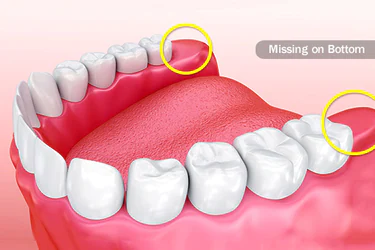
Non-Dental Causes of Tooth Pain
Some of the contributors to tooth pain are not related to the mouth directly. We call this referred pain – pain due to one area but felt in another area. Some of these causes include:
- Sinus Infection: This condition can cause toothache when the fluid-filled sinus pressure creates pain in the upper back corners of the mouth. If you have chronic sinusitis, you can feel discomfort in the teeth located near the sinus cavities.
- Heart Attack: Ever thought somebody could get tooth pain from a heart attack? You may be shocked to know that a heart attack could also be the reason behind the toothache, as pain from the heart attack can cause pain in the lower jaw.
- Diabetes: If you have high blood sugar levels due to diabetes, it can increase your risk of tooth decay, gum disease and so on
- Viral Infections: Shingles are a primary example of the viral infection that could lead to the tooth pain
- Drug Abuse: Drug abuse like taking Methamphetamine.
- Cluster Headache: The exact reason for the cluster headaches is still unknown, but the pressure from cluster headache has been linked with tooth pain.
- Vitamin Deficiency: Insufficiency of vitamin B12.
- Nerve Condition: Trigeminal neuralgia is a condition that is connected with a sharp pain on one face side.
- Lung Cancer: The nerve that runs from your brain to your body’s various organs, including the lungs and heart, passes through the jaw can lead to toothache.
What are the Treatments Available for Tooth Pain?
Toothaches range from annoying to unbearable. Our natural reaction is to want it gone immediately. Tooth pain usually needs dental care.
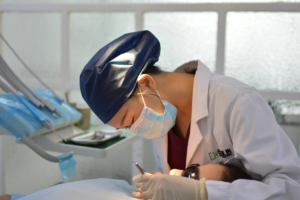
For a dental emergency in Burlington, most people will book an appointment to get it looked at. Your dentist will take your X-rays and examine your teeth to know whether it is tooth decay or any other dental issues. They also may give you antibiotics and pain medications to treat the infections. If you face toothache because of tooth decay, your dentist will eliminate the decay with the help of a drill and fill in the gap with the dental materials. Plus, an infected tooth may require surgical removal.
There are also home and natural remedies for tooth aches as well.
Will a Dentist Pull an Infected Tooth the Same day?
If your tooth pain, infected tooth or broken tooth is too severe, it may need to be extracted. Infected teeth can be pulled the same day, however a tooth extraction is usually a last resort. Dentists try to find a way to save the tooth through fillings, cleaning, or a root canal.
How to Use Self Care With Toothaches
Just a quick recap of how you can take care of yourself if you have no access to the dentist immediately:
- Rinse your mouth with the saltwater
- Take the over-the-counter pain relievers to dull out the ache, but there is no need to place the pain killer or other aspirin to put directly against your mouth.
- If the tooth trauma causes your toothache, you can apply the compress to your outside cheek.
When Should You See the Dentist for a Toothache?
See your dentist ASAP if:
- Your toothache is severe enough that you cannot stop thinking about it.
- It doesn’t go away and you are facing tooth pain for more than 1-2 days.
- You have severe pain in your mouth when you open it, fever or earache.
Proper treatment and identification of dental infections are essential to stop the spread and prevent future issues.
What Will a Dentist Do For My Toothache?
Their goal is to get you out of pain as quick as possible and to fix the underlying cause of it. This is the essence of What is Emergency Dental Treatment. Treatment is pretty standard and is based on principles going back over 100 years. Your dentist will treat your toothache by first obtaining your medical history and then conduct a dental exam including x-rays. They will ask about the pain, how severe is the pain, when the pain started, what makes the pain worse, where the pain is happening, and what makes the pain better. They will also examine your jaw movement and your bite.
How to Prevent Toothaches?
Good oral hygiene practices can reduce or eliminate toothaches such as:
- Floss once a day minimum.
- Brush regularly with fluoride toothpaste
- Eat foods which have low sugars and low in acidity. Avoid drinks like pop, fruit juice, candy and so on.
- Consult with your dentist for a professional cleaning twice a year.
Can a Toothache Make Me Sick?
Toothaches are not fatal if treated within time. Sometimes tooth pain resolves on its own but if it gets worse, some people feel ill just from the chronic pain. Also, since an untreated infection can spread, this can make you very sick. This could turn into a severe disease or even sometimes life-threatening condition. So, if your toothache is not getting better, don’t wait, call the dentist!
You should speak with a dentist at Burlington Family Dental Centre to understand what kind of dental emergency you need treated and its costs.
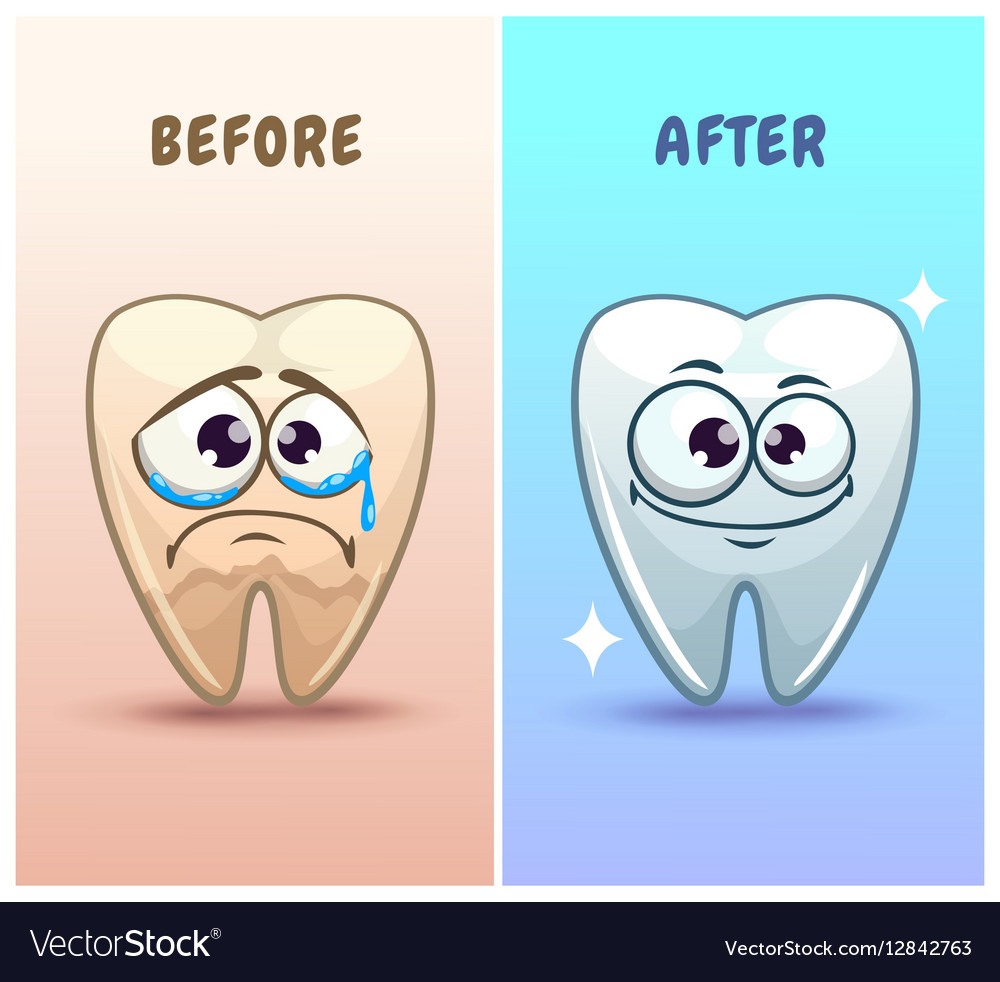
More Questions?
If you have any further questions or to get in touch with us or just call us in Burlington, ON at (289) 797-2930 to schedule an appointment with one of our dentists. We will be happy to answer any questions you have and advise you about what course of treatment might be the best for you.
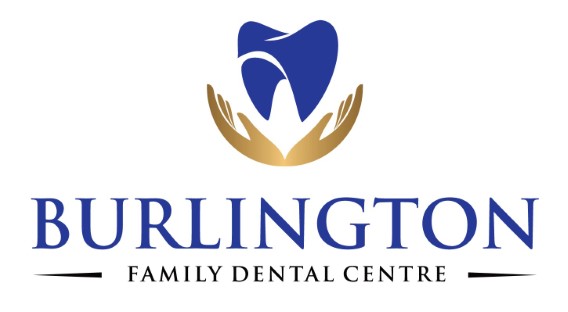

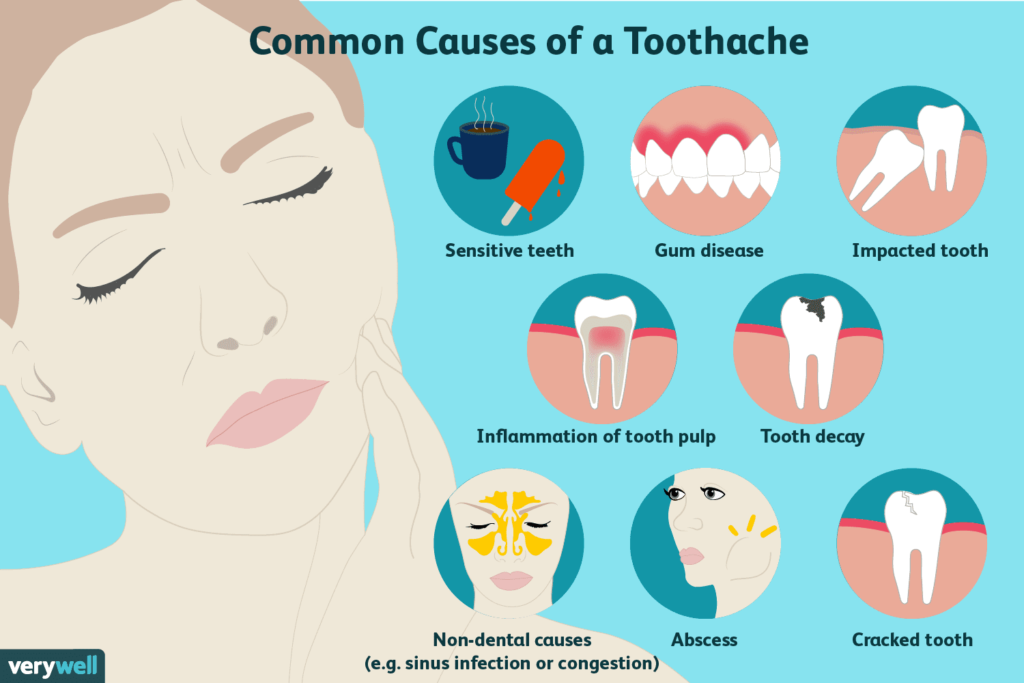
Trackbacks/Pingbacks